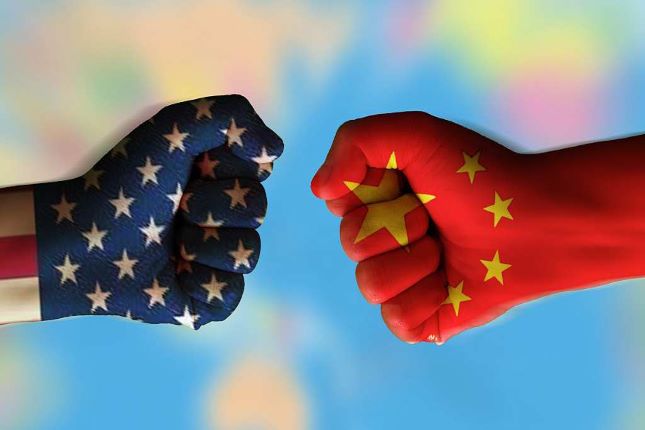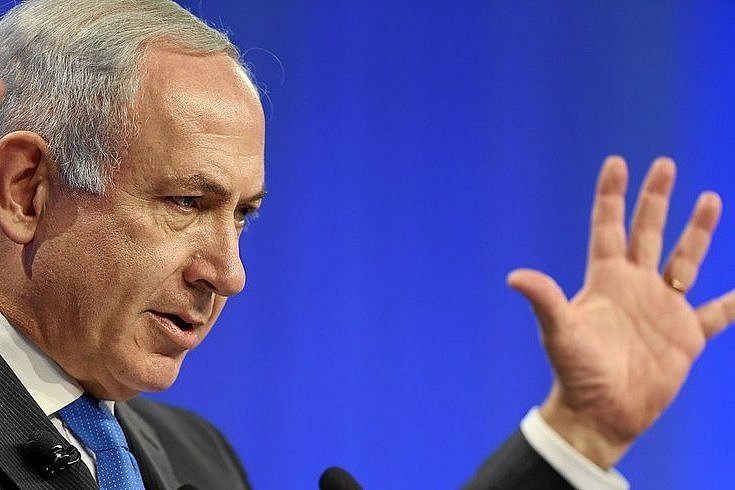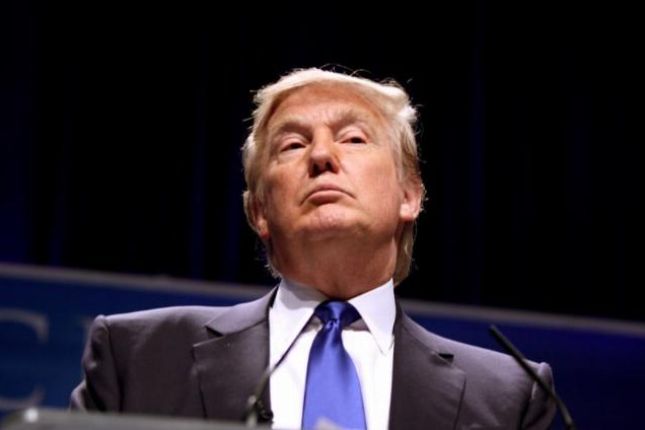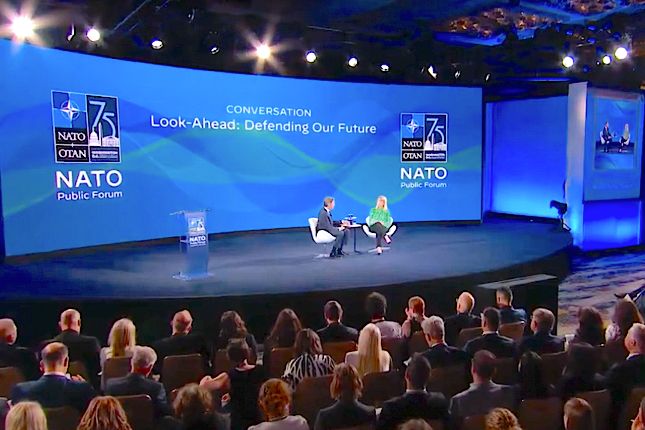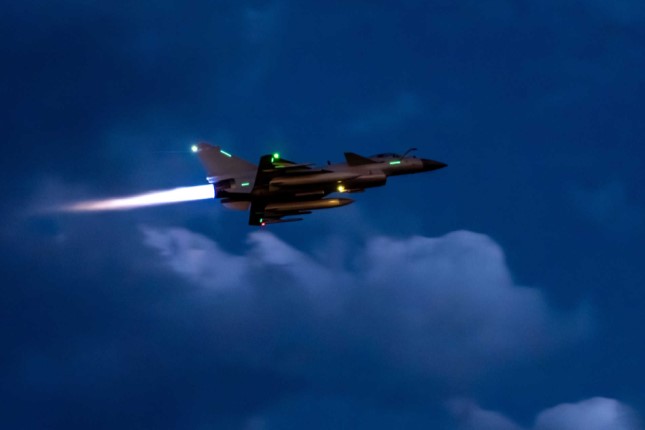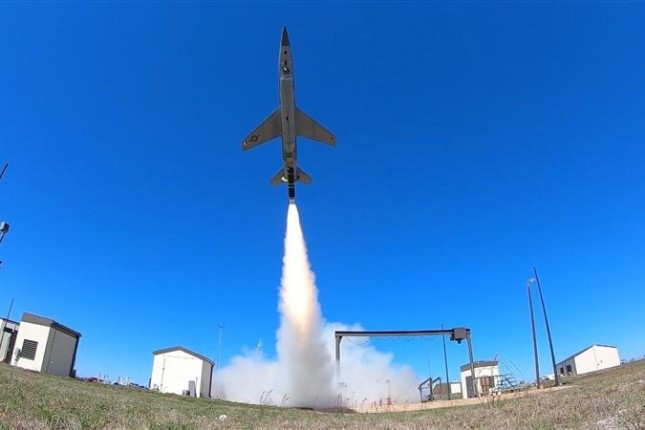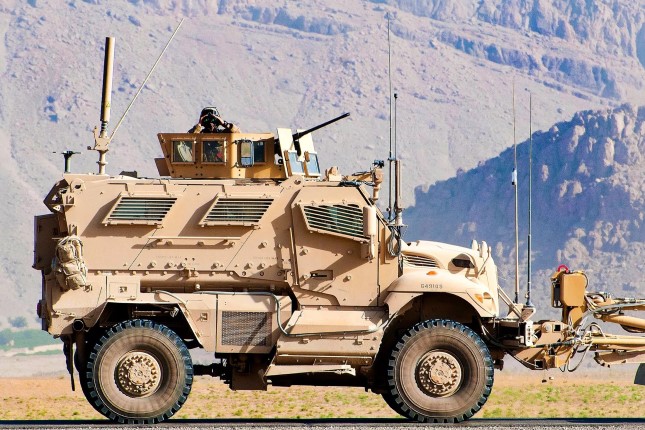Beijing should stop accusing the West of provoking the conflict [in Ukraine] and thus parroting Russian propaganda. This was the undiplomatic, if not downright boorish, language chosen by US Ambassador to China Nicholas Burns the other day. These scathing remarks by a top US diplomat do little to improve the two nations’ relations that, in Burns' assessment, may be in their worst state since the days of former President Nixon's tenure in office. The United States and China have been consistently failing to reach an agreement on any issue of substance, with potentially catastrophic consequences for the entire world going forward.
US Ambassador Nicholas Burns directed his incendiary remarks at China's Foreign Ministry, calling China to "stop spreading Russian propaganda", explicitly highlighting the situation around US military biolabs in Ukraine and NATO's role in the Ukraine crisis.
In response, the Chinese Foreign Ministry’s spokesman Zhao Lijian dismissed the allegations levelled against his ministry in the strongest terms. He noted that "it is the US, not China, that has been spreading disinformation and telling lies", adding that the whole international community had deep concerns over US military biolabs overseas, not just China alone.
Some observers find unfounded the accusations brought against China’s diplomats of lying about American biolaboratories in Ukraine, especially in light of the statements made earlier by US Undersecretary of State Victoria Nuland, who had acknowledged the existence of such labs and even made a plea to do everything possible to prevent the materials from the labs from falling into the hands of Russian researchers.
Furthermore, Britain’s Daily Mail published screenshots of letters showing that Metabiota, a US Department of Defense contractor, had built biological research facilities in Ukraine to "study infectious agents or toxins that may be transmitted through the air and cause potentially lethal infections". Interestingly, the funding for this research came partly through Hunter Biden, the son of the current US President.
As for NATO's role in fomenting the Ukraine crisis, there seems to be a consensus among China's political and military officials that it was NATO’s policy of eastward expansion and ignoring Russia’s security concerns that pushed Russia into launching its special military operation in Ukraine. This view repeatedly articulated by China's top leadership closely resonates with China's similar concerns about the threats posed by the US and NATO.
At the suggestion of the US at the recent NATO summit China was designated as the Alliance’s strategic challenge. The US has consistently backed this strong language by developing a containment belt against China in the Asia-Pacific region and establishing an anti-China front in Europe.
While it is true that a high enough number of European countries continue to maintain strong business relations with China, the US has not let up in its relentless attempts to align its allies in confronting Beijing. In response to these steps, China will sooner or later have to start strengthening its network of alliances.
Moreover, China will be forced to do this in contrast to its statements made earlier, purporting that the country is strong enough to cope with all of its challenges on its own. China may be the only power capable of undermining America’s global supremacy. Still, the US has been consistent in its efforts to do everything it can to reduce or negate these risks.
Washington is currently busy bolstering its anti-China military (AUKUS) and political (QUAD) alliances. Some analysts predict that QUAD could turn into a military organization down the road. However, this would be a development that is opposed by India, which has been consistent in its efforts to avoid getting too close to the United States out of concern that it could complicate its relations with Russia and China.
It should be noted that from the outset, AUKUS was being conceived of as a military organization, and the US continues to consolidate it in this same capacity. At this juncture, AUKUS is focusing on the most sensitive areas of cooperation, including, among other things, collaboration on developing nuclear-powered submarines and hypersonic missiles. Not only India but even South Korea are not on AUKUS’s members’ list because Seoul depends on Beijing for maintaining stability on the Korean Peninsula.
The situation around Taiwan is perhaps the most potentially explosive area of contention between China and the United States. This is why statements made earlier by some US officials to the effect that the US is prepared to defend Taiwan militarily should be viewed in the context of the US’ drive to limit Beijing’s ability to build a China-centric economic order in Asia.
In response, Beijing warned that China "will not hesitate to start a war" should anyone dare to split Taiwan away from China. This stern warning came from none other than China’s Defense Minister Wei Fenghe, who stressed that the People's Liberation Army is determined to defend its country's sovereignty and territorial integrity resolutely.
As Washington and Beijing each draw their red lines, they make the Asia-Pacific region look ominously more and more like Europe did on February 24. Back then, the unwinding spiral of escalation led to an outbreak of active hostilities in Ukraine. This time, the growing animosity between the US and China could end in an armed conflict over Taiwan.
Such a war threatens to be much larger in scale and more dangerous than the current hostilities in Ukraine. Considering the crucial role Taiwan’s semiconductor industry has played in the international division of labour, a conflict of this kind could have devastating consequences for the entire global economy. It is in the best interest of everyone to nip this new spiralling escalation in its bud.
